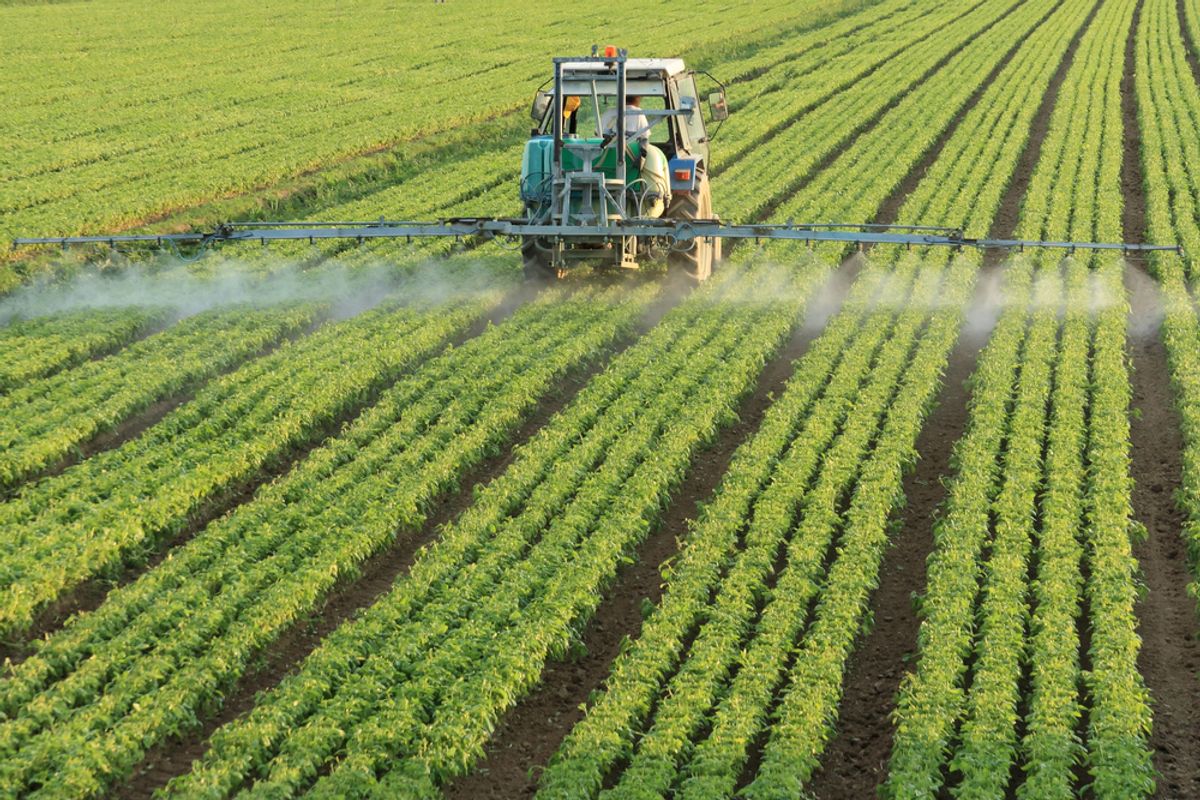Experts agree that food consumption and the environment are inextricably linked: the global livestock industry is one of the largest greenhouse gas producers in the world, producing as many emissions as the transportation sector. So why is the U.S. government trying to stop nutritionists from discussing the environment as it is connected with what we eat?
NPR reports that a government-appointed group of nutritionists charged with the task of revising the country's dietary guidelines has been instructed to cease discussing the environment. The recently passed $1.1 trillion government spending bill carried with it a list of congressional directives.
"There is concern that the advisory committee for the 2015 Dietary Guidelines for Americans is considering issues outside of the nutritional focus of the panel," the directive reads. "The advisory committee is showing an interest in incorporating agriculture production practices and environmental factors into their criteria for establishing the next dietary recommendations. The agreement expects the Secretary to ensure that the advisory committee focuses on nutrient and dietary recommendations based on sound nutrition science. The agreement directs the Secretary to only include nutrition and dietary information, not extraneous factors, in the final 2015 Dietary Guidelines for Americans."
The committee had been consulting with experts like Timothy Searchinger, a researcher at Princeton University and the World Resources Institute who notes that food production is necessarily connected to a person's environmental footprint. "That doesn't mean that farmers are bad. It means that eating has a big impact on the environment," he said. Another expert, Miriam Nelson of Tufts University, spoke at one of the committee's panels several months ago, testifying, "In general, a dietary pattern that is higher in plant-based foods and lower in animal-based foods is more health-promoting and is associated with less environmental impact."
NPR's Dan Charles notes that the committee's activities had received criticism from powerful lobbies like the American Meat Institute, which, according to Charles, said "nutritionists don't have the expertise to take on environmental questions."
In only a truly dysfunctional society can what food we eat be separated by how we produce it.



Shares